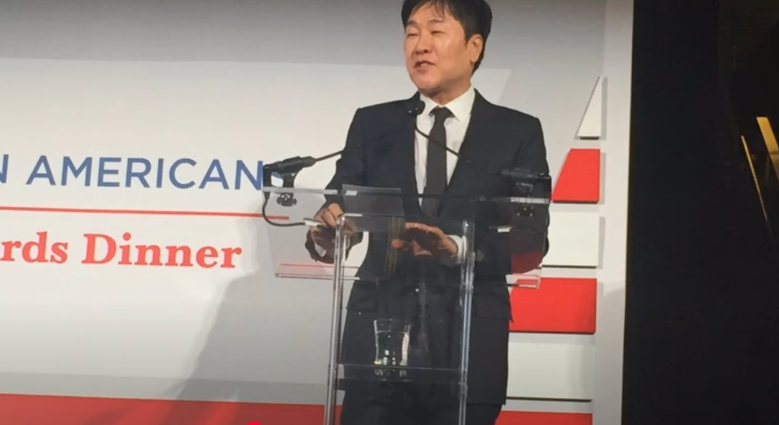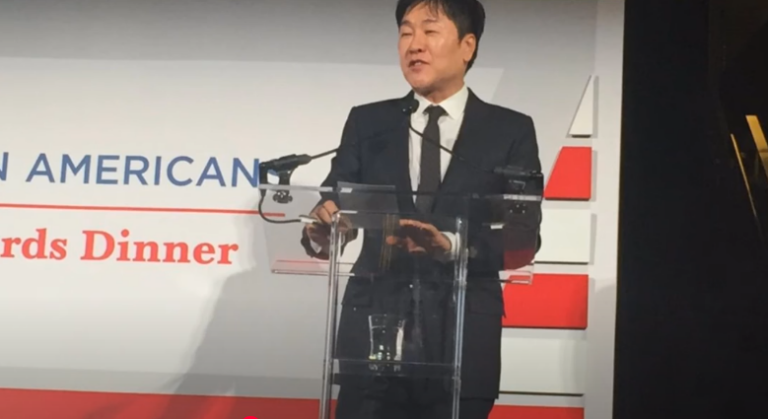Do Won Chang’s incredible journey from humble beginnings to co-founding Forever 21, one of the most renowned fashion retail chains, is evidence of his tenacity and spirit of entrepreneurship. He and his wife, Jin Sook Chang, transformed a modest Los Angeles clothes store into a multibillion-dollar enterprise that was valued at $5.9 billion at its height. Their fortune’s path was not without its ups and downs, though, as it reflected both the difficulties associated with rapid expansion and more general fashion industry trends.
The Changs’ story started in 1981 when they left South Korea for the United States, bringing with them only a high school degree and a strong desire for a better life. In order to make ends meet at first, Do Won worked several jobs, including pumping gas. Only in 1984 did the couple decide to take a chance with their $11,000 in savings and open Fashion 21, their first store, in a tiny 900-square-foot building in Highland Park, Los Angeles. Sales at the store skyrocketed from $35,000 in its first year to an incredible $700,000, which led the Changs to quickly expand their business. With more than 800 locations across the globe and a strong hold on the fast-fashion industry, Forever 21 has developed into an iconic brand over time. They were able to reach a peak net worth of $5.9 billion thanks to this quick ascent.
Their ability to quickly adjust to changing trends and frequently stay one step ahead of the competition was the key to their success. Teenagers and young adults favored Forever 21 because of its agility in adapting to market demands. The company distinguished itself from other brands with its business model, which placed a premium on reasonably priced fashion and quick turnaround times. However, in spite of its past successes, Forever 21 encountered many difficulties in its later years. With the rise of online shopping, the retail landscape started to shift, and new competitors appeared, which made it harder for the company to maintain its prior growth. A new chapter in the Changs’ careers and the fast-fashion industry as a whole began in 2019 when the company declared bankruptcy.

| Category | Details |
|---|---|
| Full Name | Do Won Chang |
| Date of Birth | March 20, 1954 |
| Place of Birth | South Korea |
| Spouse | Jin Sook Chang |
| Children | Two daughters: Esther Chang, Linda Chang |
| Net Worth | $5.9 Billion (Peak Value) |
| Industry | Fashion Retail |
| Founded | Forever 21 (1984) |
| Career Highlights | Founder of Forever 21, grew company to a multi-billion-dollar brand, helped pioneer fast-fashion retail with global expansion. |
| Education | High School |
| Residence | Los Angeles, California |
| Website | Forbes Profile |
| Notable Events | Filed for bankruptcy in 2019, transformed fashion retail industry, founded Forever 21 with wife Jin Sook Chang. |
An inventive approach to fashion retail was the driving force behind the Changs’ business success, especially the quick growth of Forever 21. They outperformed the majority of their rivals in spotting new trends and bringing them to market. The speed at which trend-based apparel could be produced and sold at reasonable costs transformed how many young people accessed fashion. For many years, this formula proved to be remarkably effective, establishing Forever 21 as a major force in the fast-fashion sector.
But Forever 21’s demise emphasizes how dangerous fast fashion is in a world that is becoming more digital. With its promise of convenience and limitless options, e-commerce’s rise presented a serious threat to established brick and mortar businesses. Additionally, Forever 21 found it more challenging to sustain its prior level of success due to shifting consumer preferences, such as a growing preference for sustainable fashion. The 2019 bankruptcy filing was a significant turning point for the fast-fashion industry as a whole, not just Forever 21. The business’s eventual demise was facilitated by the same model that had made it successful in the first place, as consumers started to avoid companies that were perceived as wasteful or unsustainable.
Nevertheless, it is impossible to overestimate Do Won Chang and Jin Sook Chang’s influence on the fashion industry in spite of these setbacks. Many other fast-fashion brands have followed their vision and resolve to establish an affordable, trend-driven clothing brand for young people. The retail industry is still impacted by Forever 21’s legacy, especially as new businesses try to emulate the same inventiveness and energy that the store once represented. The Changs’ tale is a potent reminder of the highs and lows of being an entrepreneur, where remarkable success can also be short-lived.



